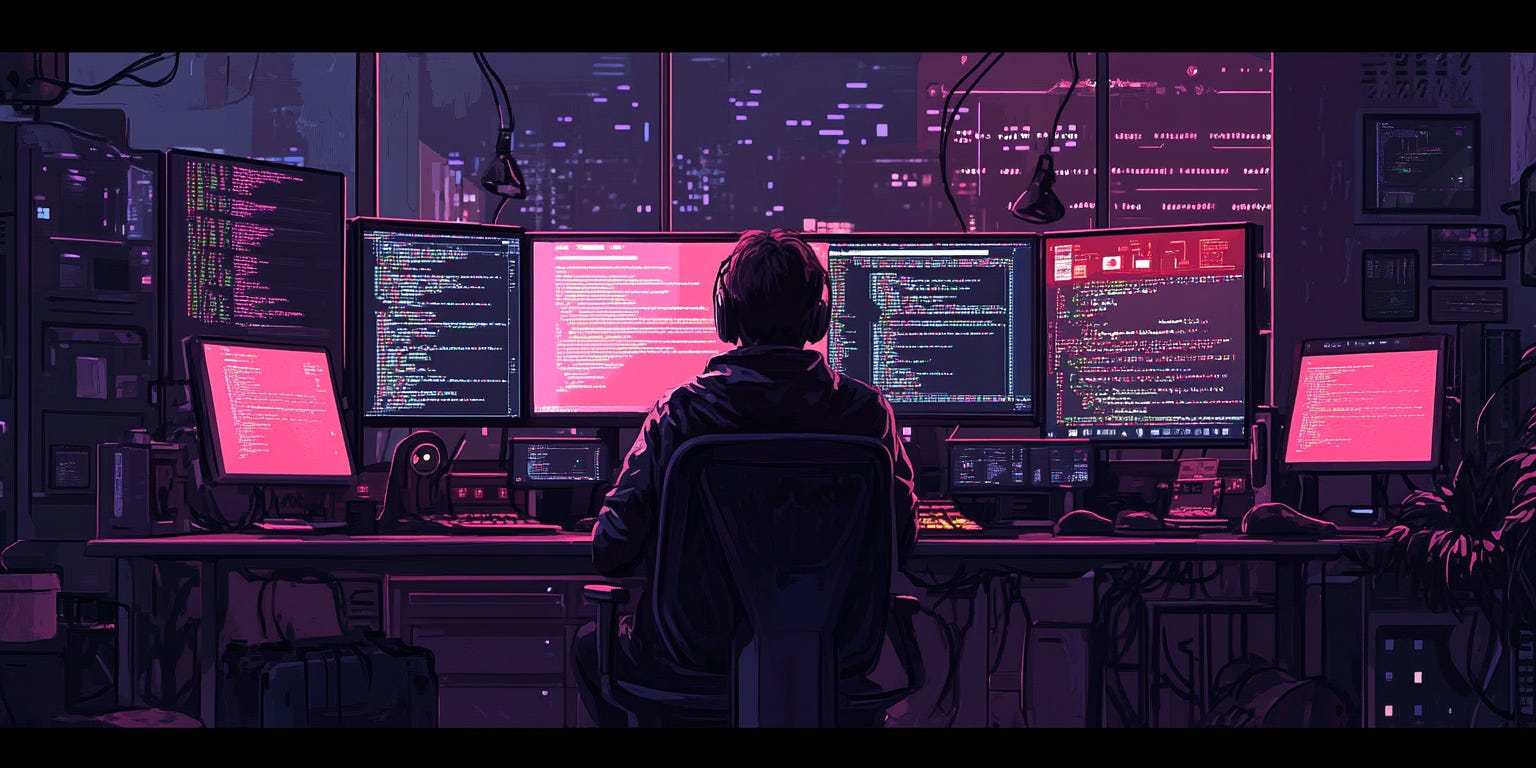Why Learning to Code Might Be Pointless in the Age of AI
AI coding tools like ChatGPT and Replit Ghostwriter are transforming software development. Learn why coding may no longer be essential and which skills to focus on in 2025.
For years, learning to code was the golden ticket to breaking into the tech industry. Whether you wanted to build an app, automate a task, or land a job in software development, coding was the must-have skill. Platforms like Codecademy, freeCodeCamp, and countless bootcamps boomed on the promise that “everyone should learn to code.”
But that landscape is changing fast.
Today, AI-powered tools like ChatGPT, Bold AI, Lovable AI, and Replit Ghostwriter are capable of generating full blocks of functional code from plain language prompts. You can ask ChatGPT to build a to-do list app in React, and it will do so in seconds. Replit’s AI assistant can autocomplete entire logic flows or fix bugs on your behalf. These tools don’t just help write code — they write it for you.
As a result, the technical barrier to building has dropped significantly. Now, instead of needing to master JavaScript or Python, you need to know what you want to build and how to describe it clearly to the AI.
That subtle shift is reshaping who gets to create and how quickly they can do it.
How to Think Like a Modern Builder
So what should you focus on instead of learning to code line by line?
As Replit CEO Amjad Masad suggests, the future belongs to those who can define problems, frame ideas, and collaborate with AI tools. Syntax is no longer the bottleneck — strategy, clarity, and creativity are.
To thrive in this AI-accelerated environment, here are the key skills to build:
Sharpen your ability to define and communicate ideas clearly – AI tools like ChatGPT respond best to structured prompts. The clearer your request, the better the output.
Develop systems thinking and product awareness – Understand how features work together and what end users truly need. Think like a product manager or UX designer.
Practice effective prompting – Learn to write better prompts with the right tone, context, constraints, and intent. Prompt engineering is becoming a core skill.
Embrace experimentation – Tools like Make.com, Framer, and Webflow allow you to prototype ideas rapidly. Try, test, tweak — without touching a line of code.
Stay tool-curious – New AI and no-code platforms are launching every month. Explore tools like Notion AI, Midjourney, Claude, and Zapier to enhance your creative stack.
These skills aren’t about replacing developers — they’re about augmenting your ability to create, build, and lead with fewer technical barriers.
Is Coding Still Worth Learning?
Absolutely — but with context.
If your career goal is to become a software engineer, data scientist, or work on infrastructure at scale, then yes, learning to code is still essential. AI can assist with development, but it can’t yet fully replace human understanding in complex technical systems, architecture design, or low-level performance tuning.
However, if you’re a designer, entrepreneur, content creator, or marketer trying to build digital products, the need to start with coding has been significantly reduced.
Today, it’s often more valuable to understand how to use AI development tools effectively, how to design and structure intuitive user flows, and how to ship MVPs quickly using platforms like Bold AI, Lovable AI, and Replit.
These tools allow creators to go from idea to execution without needing to dive deep into programming, making the process of launching and testing digital products faster and more accessible than ever.
You can build and launch without knowing the difference between front-end and back-end development. And if your product gains traction, you can always bring in developers to optimize or scale it later.
This new workflow favors speed, clarity, and creative momentum over deep technical setup from day one.
You Don’t Need to Code to Create
We’re living in an age where access to digital creation is democratized. The tools that once required technical teams and long dev cycles are now available to solo creators and small teams.
Designers can turn Figma mockups into functional websites using Framer. Writers can turn blog posts into polished newsletters with Notion AI and Substack. Marketers can automate workflows using Zapier, Make, or even GPT-powered agents.
The implication is profound:
You no longer need to write code to bring your ideas to life.
That doesn’t mean code is irrelevant. Software engineers will always be needed to build the infrastructure, ensure performance, and solve deep technical challenges. But the role of “creator” has expanded and the definition of “technical” is being rewritten.
As Masad puts it, we’re witnessing a mindset shift:
From learning to code → to learning how to think like a builder, and partner with intelligent tools.
So focus on these instead?
Clarity of thought and communication – Especially when working with AI.
Understanding user needs – Building things people actually want.
Designing systems, not just screens – Flow, logic, and value.
Rapid testing and iteration – Launch fast, improve often.
Tool fluency – Stay updated on new no-code and AI tools that make building easier.
In other words, become the kind of thinker AI tools love to work with.
What’s Your Take?
Is learning to code still part of your journey?
Are you using AI tools like ChatGPT, Replit Ghostwriter, or Bold AI to build faster?
🔁 Share this with someone stuck in tutorial hell.
📬 Subscribe to DesignXplorer Weekly, where we break down the future of design, creativity, and AI-powered tools.

